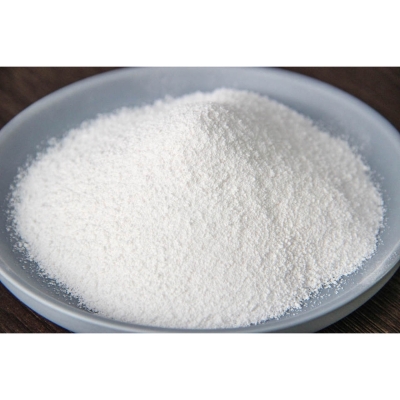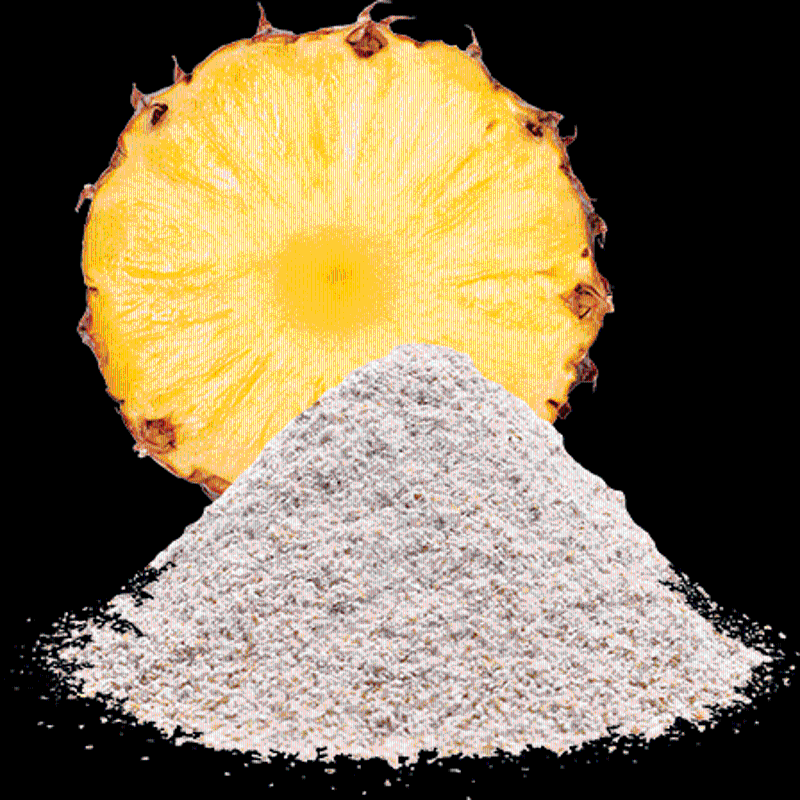-
Categories
-
Pharmaceutical Intermediates
-
Active Pharmaceutical Ingredients
-
Food Additives
- Industrial Coatings
- Agrochemicals
- Dyes and Pigments
- Surfactant
- Flavors and Fragrances
- Chemical Reagents
- Catalyst and Auxiliary
- Natural Products
- Inorganic Chemistry
-
Organic Chemistry
-
Biochemical Engineering
- Analytical Chemistry
-
Cosmetic Ingredient
- Water Treatment Chemical
-
Pharmaceutical Intermediates
Promotion
ECHEMI Mall
Wholesale
Weekly Price
Exhibition
News
-
Trade Service
As a natural component in plants, plant polysaccharides have specific edible qualities and physicochemical properties.
Compensate for texture changes
Most plant polysaccharides can maintain the stability of the meat system by reducing surface tension, increasing viscosity, and preventing phase separation, making up for the texture changes brought about by salt reduction and fat reduction
Table salt plays an important role in the binding of water and fat in the matrix, and reducing the salt content will weaken the binding effect of water and fat, increase cooking losses, and reduce product hardness and elasticity
In low-sodium meat products, the use of starch polysaccharides has a greater impact on the texture than the level of salt added, and the hydrogen bonds and hydrophobic bonds between proteins and polysaccharides are enhanced during the thermal processing of meat minced with plant polysaccharides.
Plant polysaccharides are more widely used in low-fat products
Improve water retention
In meat processing, water-holding capacity reflects the ability of a protein to absorb water and retain it in the protein tissue
During the heating process, the meat protein is heated and polymerized to form a gel network, which endows the meat product with the corresponding water retention.
As a carbohydrate, plant polysaccharide will interact with protein when heated in an aqueous medium to bind a large amount of water to form a gel and increase the water retention of meat products
The amount of sodium salt added will affect the solubility of myofibrillar proteins, such as myosin and actin, and thus indirectly affect the water retention capacity of meat products.
The fat content in meat products also affects the water binding capacity, and reducing the fat content in meat products will directly lead to poor product toughness and lower acceptability
For non-starch polysaccharides, some scholars have applied inulin and rye bran to low-fat meat products.
Improve sensory quality
Many research results have confirmed that plant polysaccharides can improve the quality of low-sodium and low-fat meat products, and have an important impact on the sensory quality of meat products such as color and taste
For the low-sodium meat system, studies have shown that the redness value of low-sodium sausage decreases with the increase of starch polysaccharide and non-starch polysaccharide (fiber) content, and the brightness value increases with the content of starch polysaccharide and non-starch polysaccharide (fiber).
Existing studies have shown that plant polysaccharides can affect the color and other sensory qualities of meat products
Volatile flavor molecules are a class of flavor substances in food, mainly including hydrocarbons, alcohols, esters, phenols, amines, sulfides and mercaptans
Selecting appropriate plant polysaccharides can effectively compensate for the flavor loss of low-salt and low-fat meat products.
continue to explore
Studies have shown that plant polysaccharides can improve the immune function of the body by affecting the absorption and metabolism of other substances and secondary products produced by fermentation in the colon
.
Since the human body cannot produce the degrading enzymes of some plant polysaccharides, these plant polysaccharides cannot be digested in the small intestine.
In the anaerobic environment of the large intestine, the polysaccharides can be hydrolyzed into oligo-oligosaccharides and monosaccharides through the action of microorganisms, thereby producing a large amount of Short-chain fatty acids (SCFA), mainly including acetic acid, propionic acid and butyric acid
.
SCFA participates in metabolism in the body, provides energy for the body, and maintains the health of the body.
It can regulate the balance of fatty acid synthesis, oxidation and lipid decomposition in the body by activating the activity of enzymes in the liver and muscle cells
.
The physiological function of starch polysaccharides is mainly affected by the structure of starch.
High amylose molecules have a highly ordered structure and are relatively slow to be degraded by microorganisms in the large intestine.
Resistant starch is a typical high amylose structure polysaccharide.
Resistant starch has been shown to promote gut health
.
When some non-starch polysaccharides are applied to meat products, they can not only reduce product calories, but also promote intestinal health
.
Although the addition of dietary fiber components such as plant polysaccharides to meat products helps to develop healthy meat products, the research on the effects of the combination of plant polysaccharides and meat products on physiological functions is still in the exploratory stage
.
In-depth exploration of the influence laws and mechanisms of plant polysaccharides combined with meat products on intestinal health and cardiovascular diseases has theoretical and practical value for the development of healthy functional meat products
.
(Ren Jingjing Wang Qianqian)
"China Food News" (May 10, 2021 06 edition)
(Editor-in-charge: Yang Xiaojing)







